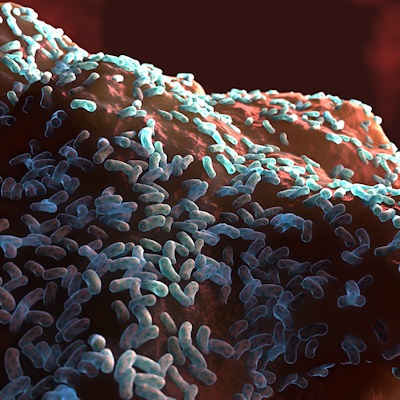January 10, 2023 -- Inotrem, an advanced clinical stage biotech company, has received funding from the Crohn’s & Colitis Foundation to accelerate research and development on inflammatory bowel disease (IBD). The funding will support the development of INO-02, a long-acting therapeutic approach for IBD focusing on modulating the TREM-1 pathway.
About 10 million people worldwide suffer from IBD. Approximately 30% of patients are unresponsive to existing therapies; for up to 10% of patients who respond initially, medications lose efficacy over time. There is a strong need for new therapeutic options.
Under the agreement, Inotrem has access to data and bio-samples from the foundation's IBD Plexus, an IBD database, which contains data from over 25,000 patients. The 18-month project will be key to the design of Inotrem's first-in-human clinical INO-02 study.
The collaboration seeks to facilitate a personalized medicine approach in IBD patients based on TREM-1. As a regulator of the immune response in both acute as well as chronic inflammatory diseases, TREM-1 is a potentially important contributor to IBD pathophysiology. The researchers hope that targeting this pathway will lead to new treatment options for IBD patients that will improve their quality of life.
"This funding will help us to expand our patented technology platform centered around the TREM-1 pathway and dedicated to developing new therapies for chronic inflammatory syndromes next to our existing modalities for acute diseases," Inotrem CEO Sven Zimmermann said in a statement.
Copyright © 2023 scienceboard.net











